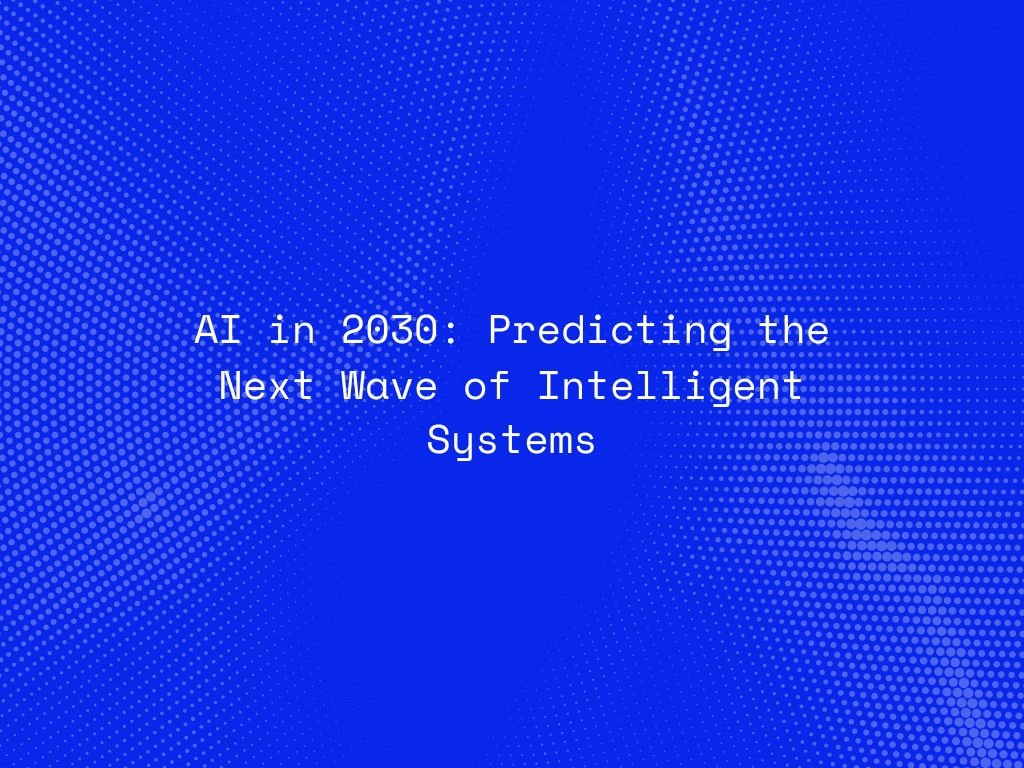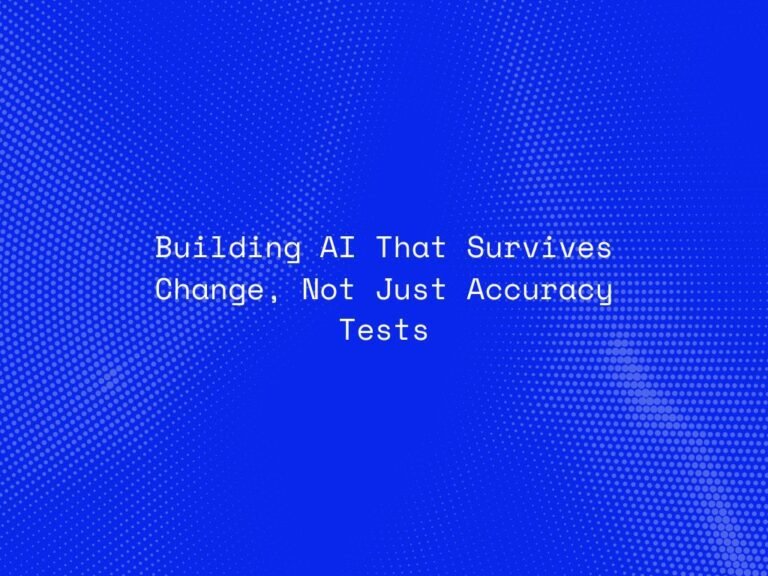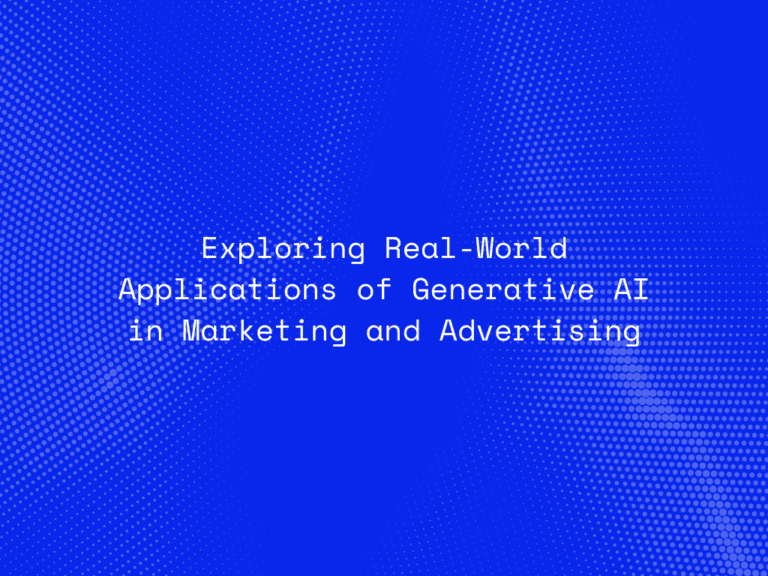Artificial Intelligence (AI) is no longer a futuristic concept—it is an active driver of transformation in industries ranging from healthcare and finance to education and smart cities. Yet, as we look ahead to 2030, the question is not whether AI will advance, but how it will evolve to shape the next decade of innovation.
By 2030, AI is expected to become more human-like, adaptive, and deeply embedded in the fabric of society. From self-learning algorithms and autonomous decision-making to emotionally intelligent machines and ethical AI governance, the next wave of intelligent systems will redefine human-technology interaction.
The Evolution of AI Toward 2030
Over the next decade, AI will transition from specialized applications toward generalized intelligence that mirrors human adaptability. Current systems excel in narrow tasks, but future AI will demonstrate the ability to learn across domains, integrate multiple data streams, and adapt in real-time. This evolution will mark the shift from “AI as a tool” to “AI as a collaborator.”
Predicted Trends in AI by 2030
1. Artificial General Intelligence (AGI)
While we may not achieve full AGI by 2030, significant strides toward multi-domain intelligence are likely. AI systems will be able to perform tasks requiring reasoning, abstraction, and adaptability—moving closer to human cognitive abilities.
2. Emotionally Intelligent AI
Future AI systems will not just process data but also recognize human emotions, contexts, and social cues. Emotionally aware AI will improve customer experiences, therapy support, and collaborative work environments.
3. Autonomous Decision-Making
AI will increasingly take on roles in governance, finance, and logistics, where autonomous decision-making reduces human bias and speeds up processes. Ethical frameworks will become essential to manage these systems responsibly.
4. AI-Driven Healthcare Revolution
By 2030, AI is expected to lead breakthroughs in personalized medicine, real-time diagnostics, and even preventive healthcare. Predictive analytics will allow early intervention, reducing healthcare costs and saving lives.
5. Smart Cities and Sustainable AI
Urban ecosystems will rely heavily on AI for traffic management, energy optimization, public safety, and environmental monitoring. AI will become the backbone of sustainable and resilient cities.
6. Integration with Quantum Computing
As quantum computing matures, its integration with AI will unleash unprecedented computational power, enabling faster drug discovery, advanced simulations, and optimization tasks previously thought impossible.
7. Ethical and Regulated AI
By 2030, governments and international bodies will have established stricter AI governance policies. Accountability, explainability, and fairness will become non-negotiable requirements for deploying AI systems.

Challenges Ahead
While the vision of AI in 2030 is promising, it comes with challenges:
-
Bias and Fairness: Ensuring AI systems are inclusive and equitable.
-
Security Risks: Preventing AI from being exploited for malicious purposes.
-
Job Displacement: Balancing automation with workforce upskilling.
-
Ethical Boundaries: Defining the limits of autonomous decision-making.
Addressing these challenges will be essential to ensure AI serves humanity positively.
Conclusion
By 2030, AI will have moved far beyond today’s predictive models and chatbots, becoming a foundational pillar of human progress. The next wave of intelligent systems will not only enhance efficiency but also contribute to solving complex global challenges, from climate change to healthcare equity.
The journey to 2030 is not just about technological advancement but about shaping an AI-driven future that aligns with human values. The decisions we make today—around ethics, regulation, and innovation—will determine how AI transforms the world in the next decade.




